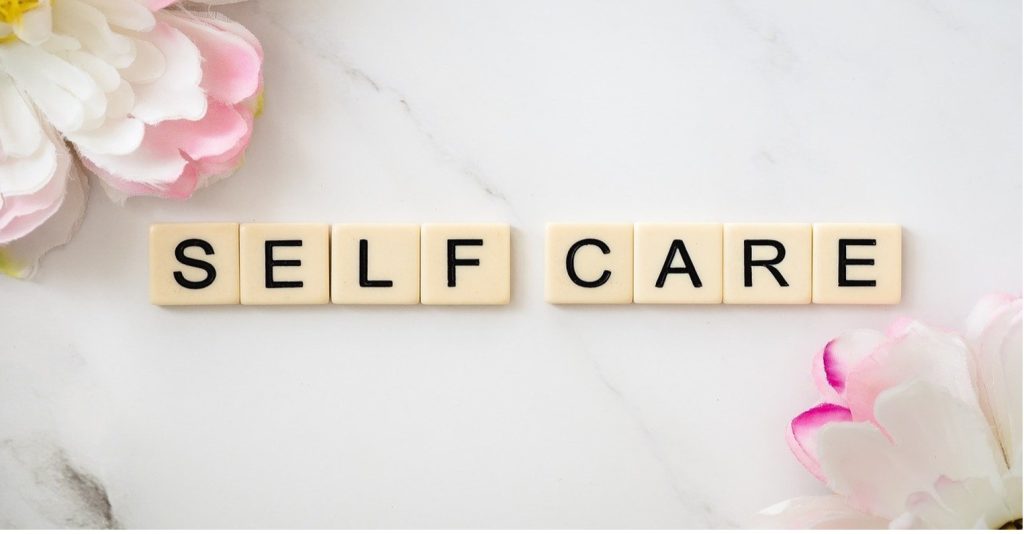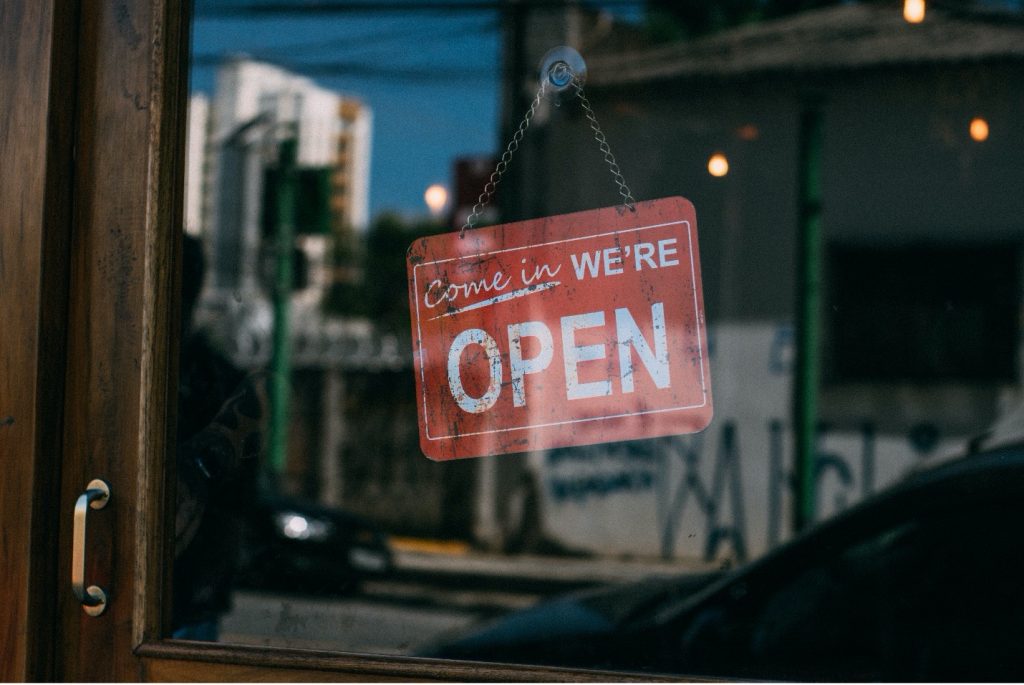Self-care. Those two little buzzwords seem to be on the tips of tongues just about anywhere you look, whether it’s social media, in magazines, or on TV. It seems like everyone has an opinion about what self-care is, whether it’s important, and how to improve it. The World Health Organization (WHO) has even declared Self-Care Month that starts June 24th every year. For many people, the idea of self-care conjures up images of bubble baths, a glass of wine, a massage, or time away from daily responsibilities. While all of those can encompass self-care, there is so much more to it.
What is self-care? The definition of self-care is the practice of taking action to preserve one’s own health and well-being. Self-care can be divided into four types: mental, physical, spiritual, and emotional. While each type can stand alone, it is important to note that they also work in tandem with each other.
Mental:
Mental self-care pertains to activities that help you grow, think and learn. This could be personal or professional development. Some examples of mental self-care are reading a self-improvement book, taking a day off from work to do something just for you, journaling, or taking a break from social media for a day. Mental self-care comes down to doing what helps your brain healthy-learning something new, strengthening what you already know or taking a break if your brain needs to zone out.
Physical:
Physical self-care is just how it sounds: taking care of your physical body. It’s no secret that there is a correlation between physical health and mental health. Most people would not consider going to the doctor to be self-care, but it actually is, as you are doing something good for your physical person. Exercise, taking supplements, making healthy food choices and getting enough rest all incorporate self-care and can be done on a daily basis.
Spiritual:
Spiritual self-care may conjure up images of church, and that could very well be a part of it, but the spiritual aspect of self-care means so much more. Regardless of how you worship or what you believe, it is important not to ignore this vital part of self-care. Spiritual self-care activities that bring you peace or joy, such as prayer, guided meditation, yoga (which also helps with the physical and mental aspect), making a vision board, connecting with nature or engaging in a favorite hobby can all fill the spiritual self-care need.
Emotional:
The need to love and feel loved is a vital part of emotional self-care. Caring for a pet, volunteering, or meeting a friend are some examples of emotional self-care. Emotional self-care comes down to self-awareness and mindfulness. How often do you check in with yourself and assess; am I happy, anxious, overwhelmed content, etc. and do I need to change anything to increase daily or long-term happiness? If you notice that maintaining your mental health is consistently challenging, seeing a therapist can be a good step forward, just like seeing a doctor if you are feeling ill.
Take-Aways
Now that you know what self-care is, let’s take a look at what self-care is NOT. Self-care does not mean “if it feels good, do it.” While self-care can bring pleasure and relaxation, it can also mean doing difficult but necessary things as well. Choosing to set a healthy boundary with a family member who has become an emotional drain on you, for example, can be a challenge, but can bring long-term emotional benefits. Self-care also does not mean engaging in harmful behaviors to excess. Excessive drinking in the name of self-care will end up doing more harm than good in the long run, even if it does bring some sort of temporary feeling of relaxation.
Improving self-care is not a one size fits all philosophy. There is an old saying, “you can’t pour from an empty cup,” meaning you can’t give what you don’t have. One of the most fundamental, but often ignored, aspects of self-care is the art of saying “no.” In our 24/7 society, the demands placed upon each of us are constant. As you become more self-aware 
of your internal needs and the need to make sure your well-being is in
good shape, the more you can strike that balance between commitments
and crossing that line into being overscheduled. Scheduling time to
check in with yourself is also another tool to improving self-care. Use a
calendar app or a task reminder on your phone if you need to. Again,
self-awareness is key to the practice of self-care. Start small and remember slow progress is still progress! As you begin to make yourself a priority, you will find that you have the mental and physical energy to be the best you can be in all areas of your life.



